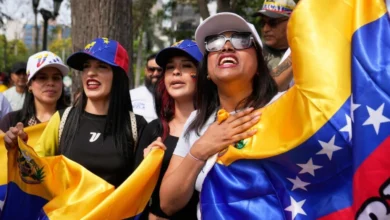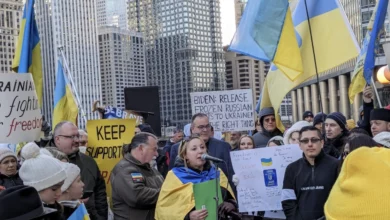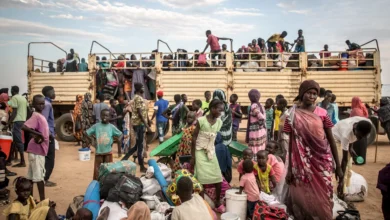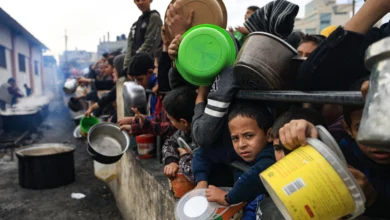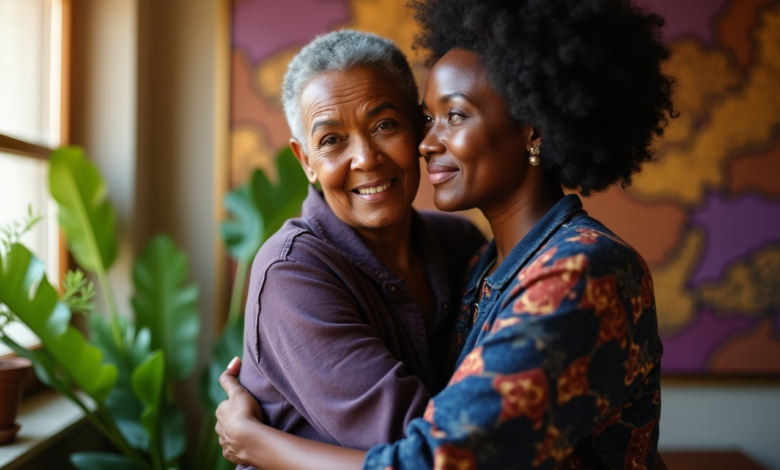
The Hidden Truth About Black Mental Health: Breaking Cultural Barriers
Black adults in America face a sobering reality – one in four struggles with mental health challenges, and only 40% get the help they need. These numbers tell a powerful story about trauma, healing, and unique mental health experiences within Black diaspora communities.
The need to address Black mental health has never been more urgent as communities deal with both historical trauma and present-day challenges. Racial stress, cultural stigma, and limited access to culturally competent care create the most important barriers to mental wellness. A powerful movement now recognizes these challenges while celebrating cultural strengths and traditional healing practices.
This detailed piece dives into Black mental health’s complex digital world. It helps readers understand intergenerational trauma and creates effective healing pathways. The focus stays on both challenges and opportunities in mental healthcare, while showcasing resources and strategies that Black diaspora communities can use.
Understanding Intergenerational Trauma in the Black Diaspora
Black diaspora communities carry a deep legacy of historical trauma from centuries of systemic oppression and discrimination. In fact, research shows that historical trauma affects communities through emotional and psychological harm passed down through generations.
Dr. Joy DeGruy’s theory of Post Traumatic Slave Syndrome explains how generations of oppression continue to affect African Americans today. Studies also show that African Americans face the highest risk and frequency of post-traumatic stress disorder among all racial and ethnic groups.
Trauma passes down through generations in several ways:
- Physiological impacts including compromised immune systems and endocrine impairment
- Social consequences such as domestic violence and substance abuse
- Psychological effects including depression and anxiety disorders
Research shows that almost half of Black Americans see police killings of unarmed Black individuals in their home state. This constant exposure to racial trauma adds more layers of stress that affect both mental and physical health.
Healthcare disparities clearly show this historical burden’s effects today. African Americans experience longer-lasting mental health symptoms and face greater negative life effects due to multiple historical factors. Black women’s bodies age faster because of long-term stressors.
Structural racism reaches beyond personal experiences. African Americans often receive schizophrenia diagnoses more frequently and get treatments with antipsychotic medications that can have lasting negative effects. They also receive less treatment for severe depression compared to white patients, despite having higher rates of the condition.
Researchers call this mix of historical trauma and current challenges “weathering” – the buildup of repeated exposure to socioeconomic disadvantage and political marginalization. Understanding how past connects to present helps address mental health in Black communities better.
Breaking the Mental Health Stigma
Mental health stigma creates one of the most important barriers for Black communities. This becomes even more challenging when you consider that 87% of African Americans report having a formal religious affiliation. Many people choose faith-based solutions and community support systems instead of professional help.
Cultural barriers to seeking help
Several deep-rooted factors make people reluctant to seek mental health support:
- Historical mistrust of medical establishments
- Religious beliefs that see prayer as the main healing method
- Fear of others labeling them “weak” or “crazy”
- Concerns about discrimination in treatment settings
Changing narratives around mental health
Public figures like Jay-Z, Kerry Washington, and Michelle Obama help reshape mental wellness conversations by talking openly about their therapy experiences. Platforms like Black Mental Wellness and the Black Emotional and Mental Health Collective (BEAM) work to remove barriers through education and advocacy.
Community-based solutions
New organizations create culturally sensitive approaches to mental health care. Black Men Heal provides mental health treatment specifically for men of color. The 988 Diaspora Campaign conducts wellness checks focused on Black mental health awareness.
We have a long way to go, but we can build on this progress through innovative solutions like community care models. These models connect family, friends, and neighbors into supportive networks. They offer practical help with transportation to appointments, meal delivery, and childcare support to address both emotional and logistical barriers.
Mental health professionals adapt their approaches. They recognize that traditional Western European therapy models may not fully address the unique needs of Black families. This transformation acknowledges extended kinship ties and spirituality’s importance in treatment approaches.
Embracing Cultural Strengths for Healing
Black diaspora communities blend ancient wisdom with modern healing approaches. Research reveals that more than half the population combines alternative and complementary medicine with conventional treatments.
Traditional healing practices
Indigenous healing methods shine through their comprehensive view of wellness. These methods include:
- Herbal remedies and natural medicines
- Ritual ceremonies and cleansing practices
- Traditional bodywork and energy healing
- Ancestral wisdom and oral traditions
These healing practices target physical and emotional well-being at the same time, which creates a detailed approach to health.
Spirituality and wellness
Spirituality remains the life-blood of mental wellness in Black communities. People who participate in spiritual practices experience lower levels of anxiety, depression, and stress. Mental health professionals now add spirituality to their therapeutic approaches because they recognize its vital role in healing.
Community support systems
Contemporary Black communities demonstrate the power of collective healing. Community care models work through shared responsibility and mutual support. These networks provide practical assistance, emotional support, and cultural connection.
Traditional healing practices preserve indigenous knowledge and offer practical solutions for modern challenges. Cultural strengths build a foundation for resilience. Research demonstrates that connections to cultural roots protect against mental health challenges.
Building Pathways to Mental Wellness
Black communities face systemic barriers that make mental health care hard to access. The numbers tell a stark story – just 4% of psychologists and 2% of psychiatrists in America are Black. This shows a major gap in representation.
Accessing culturally competent care
Mental health care shows clear gaps in insurance coverage. Statistics reveal that 33.1% of Black and Black/White biracial adults are uninsured. The Black Emotional and Mental Health Collective (BEAM) helps remove these obstacles by providing education, training and advocacy.
Digital mental health resources
Technology helps bridge the gap with several platforms:
- The Safe Place app earned 4.5 out of 5 stars and provides Black mental health resources
- Therapy for Black Girls runs weekly podcasts about topics like imposter syndrome
- BEAM’s online directory helps you find Black therapists, doulas and yoga teachers
Creating safe spaces for healing
Safe Black Space Community Healing Circles give people of African ancestry a chance to work through cultural and racial trauma. These circles started as support spaces and now help people connect while building community support. The Sawubona Healing Circle Program trains mental health professionals who relate to Black experiences so they can create more safe spaces.
These pathways help Black communities find care that values their experiences and cultural identity. The Boris L. Henson Foundation gives five free therapy sessions to help people during major life events. The Loveland Foundation provides up to 12 free therapy sessions for Black women and girls.
Mental health challenges in Black diaspora communities show complex layers of historical trauma, cultural barriers, and systemic inequities. These challenges continue, but positive changes emerge through trailblazing solutions and growing awareness. Community-based healing methods work together with traditional practices. They are a great way to get tools that address generational trauma and honor cultural identity.
Black mental health professionals join the field in growing numbers. Digital resources make care more accessible, and stigma fades through open discussions. Healing circles and culturally competent therapy services prove their worth. These safe spaces support mental wellness and acknowledge diaspora communities’ unique experiences.
Black communities demonstrate remarkable resilience. They make use of ancestral wisdom alongside modern therapeutic approaches. Traditional healing practices blend with contemporary mental health care. This creates resilient support systems that tackle both historical and present-day challenges. Black mental health gets the attention and respect it deserves as awareness grows and resources expand. This paves the way toward generational healing and emotional well-being.



